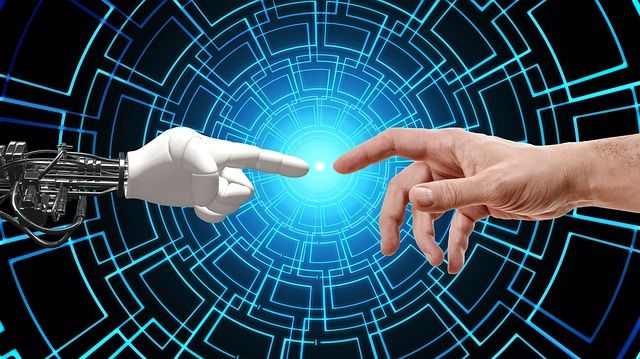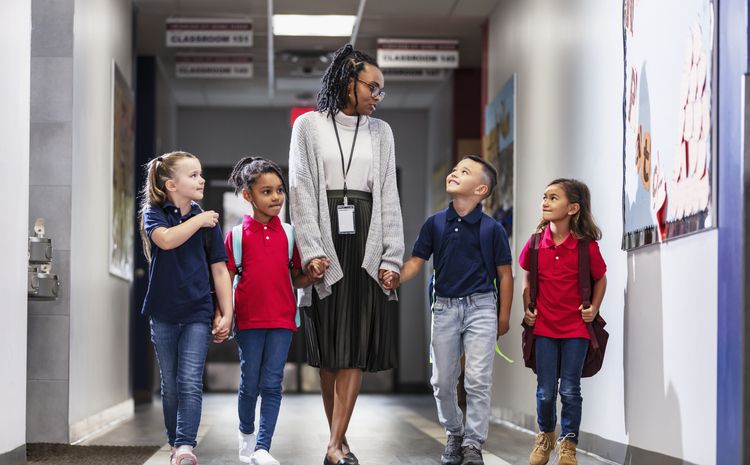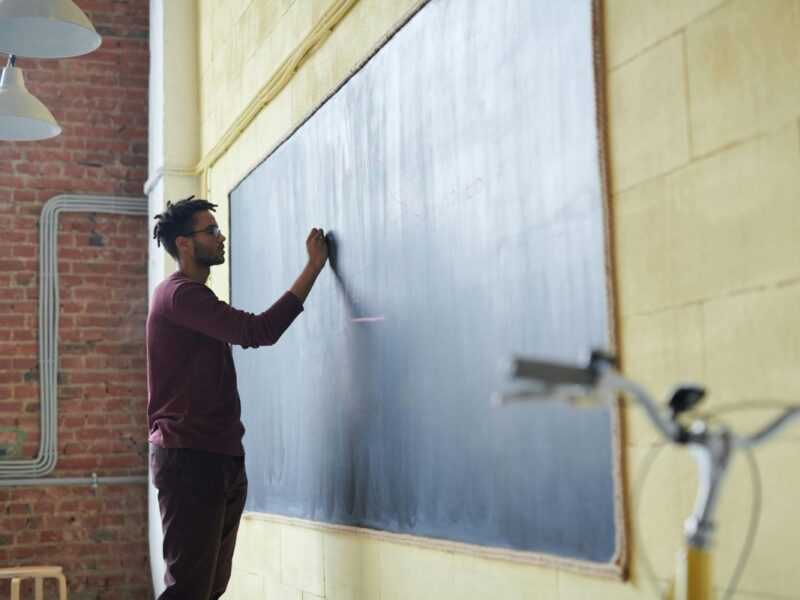AI tutors hold remarkable possibility. Theoretically, enthusiasts really hope these will be able to offer trainees with customized tutoring at scale with the very same benefits a trainee could receive from a human tutor. In practice, similar to the majority of whatever education-related, it’s extra complicated.
AI tutors have actually been useful in some circumstances, but in other instances, have actually relatively prevented pupil success. I have actually had a possibility to interview a number of professionals on the reducing edge of research study right into AI tutors, and the agreement is that, made use of in properly in the right context, these can likely be practical, however we’re still learning how to finest utilize the innovation.
As an educator myself, below are four researches I have actually turned to in order to attempt and recognize the odd and still brand-new globe of AI tutors. I think any educator checking out AI tutor use or interested regarding utilizing one in class would certainly gain from familiarizing themselves with these findings.
1 A Mathematics Tutor That Subtracted From Success
In a research study of almost 1, 000 students, scientists at the University of Pennsylvania contrasted the outcomes of pupils that collaborated with a GPT- 4 -powered tutor to those that did not on a math test. The students with accessibility to the AI tutor did even worse generally than those without it
“We find that generative AI might injure learning due to the fact that pupils potentially utilize it as a response device, as opposed to a tool that contributes for discovering,'” Alp Sungu, one of the paper’s co-authors, told me.
This is a vital research study to be knowledgeable about for teachers due to the fact that it serves as a cautionary tale. It plainly demonstrates that even more AI access does not always equal a lot more success. Nonetheless, even Sungu warned against taking the findings too much. The research study does not show that using AI tutors harmed trainee success as a whole, simply that depending on one can.
2 Some Intense Places for Chatbot Tutors
Yu Zhonggen, a professor of Foreign Researches at the Beijing Language and Society University, led a team that looked at 24 studies comparing exactly how interacting with ChatGPT-style chatbots and tutors influenced trainees
“On the whole, the research found that AI chatbots had a considerable favorable effect on trainees’ understanding results,” Zhonggen told me. “Specifically, AI chatbots were discovered to enhance trainees’ learning inspiration, performance, self-efficacy, interests, and regarded worth of learning. In addition, AI chatbots could be valuable in reducing pupils’ stress and anxiety.”
Nevertheless, the complete tale was a bit much more dirty. These positive impacts were only seen in college students– more youthful trainees did not see statistically considerable renovation. Likewise, the positive effect for college students seemed to diminish over time.
3 A Clear Victory for AI Tutor Communication
A recent research study led by Ying Xu, a professor at the Harvard Grad College of Education and learning, found AI personalities can help young trainees find out
For the study, Xu partnered with PBS Children to carry out a research with greater than 200 children aged 4 – 7 The trainees were split right into 3 teams of 80 pupils. All students were shown the PBS children scientific research program, Elinor Marvels Why , which is geared towards kids in preschool and very early grade school. One group of trainees simply watched the show. Another team of students viewed the program and got support from an AI-assisted variation of Elinor, that is a curious anime rabbit. This AI variation of Elinor encouraged children to address inquiries and offered ideas if they obtained it wrong. The AI-assisted students did the best and responded to one of the most questions correctly, Xu informed me.
Surprisingly though, this research did not make use of generative AI. Instead, the AI version of Elinor selected between pre-selected and vetted answers to assist prod students along. This technique interests me due to the fact that it prevents some of the troubles generative AI tutors can have with hallucinations and simply offering non-helpful solutions. That claimed, my feeling is that to reap the full potential of AI tutors, we’ll need to find out just how to harness generative AI effectively.
4 AI Aiding Human Being Tutors
Given just how blended a few of the research into human and AI tutoring has been, I’m specifically interested in an AI device created at Stanford called Tutor CoPilot
Instead of changing human tutors, this tool is made to aid them do the work they do extra successfully by training them on different concerns they could ask a pupil, and more. On the surface, this appears as well glowing to me, as I’m usually not a believer in the “AI will aid human beings do the job they do far better” argument. However in this case, that appears to be specifically what’s taking place.
In a research of the device, almost 1, 000 trainees collaborated with 900 tutors. The students that worked with tutors and made use of Tutor CoPilot were 4 % most likely to master a topic after a session. And pupils dealing with the lowest-rated tutors saw the most considerable gains as the AI helped make up.
I’m delighted by these outcomes, especially since there’s a human connection that takes place throughout tutoring that might help the psychological health of the pupil, and this device assists with that. Additionally, it recommends to me that there are several imaginative potential uses for AI tutoring to be uncovered in the future.
Ultimately, we’re still in the early days of AI– even more tutoring successes are likely to find.


